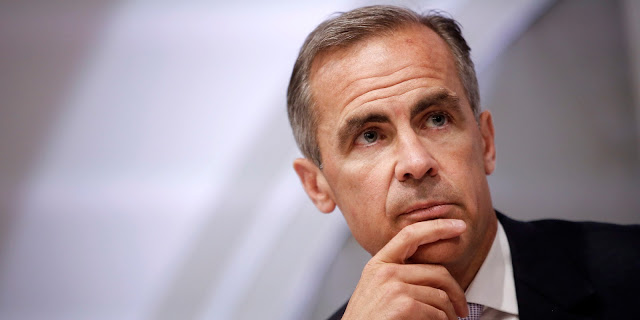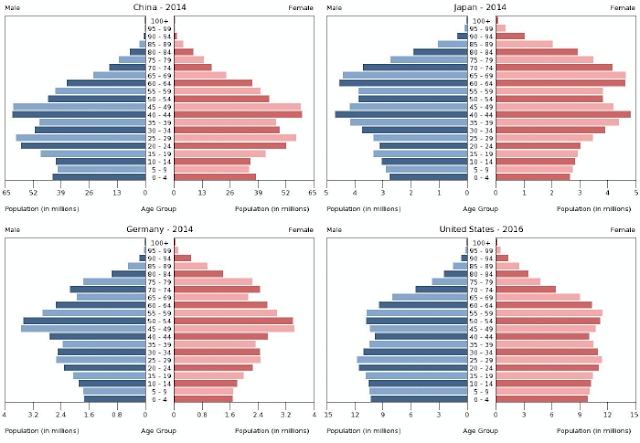The dangerous scheming of stupid politicians

There is growing speculation that the Governor of the Bank of England, Mark Carney, will not extend his term. Carney originally agreed to a five-year term, which would end in 2018, but it had been thought he might extend to the more usual eight years for a Bank of England governor. This is now looking increasingly unlikely. Carney has come under fire from pro-Brexit politicians for warning that Brexit is likely to increase inflation and unemployment and reduce economic growth. They accuse him of "talking down" the UK. This is some chutzpah, from politicians whose incompetence and arrogance has stunned the world. If anyone is "talking down" the UK, it is the Three Clowns currently running the Brexit project, and their baying packs of supporters. I have been severely critical of Bank of England policies. I don't like the over-reliance on QE: I think it is a useful crisis tool, but far too much has been expected of it. I think that the independence of the ...




